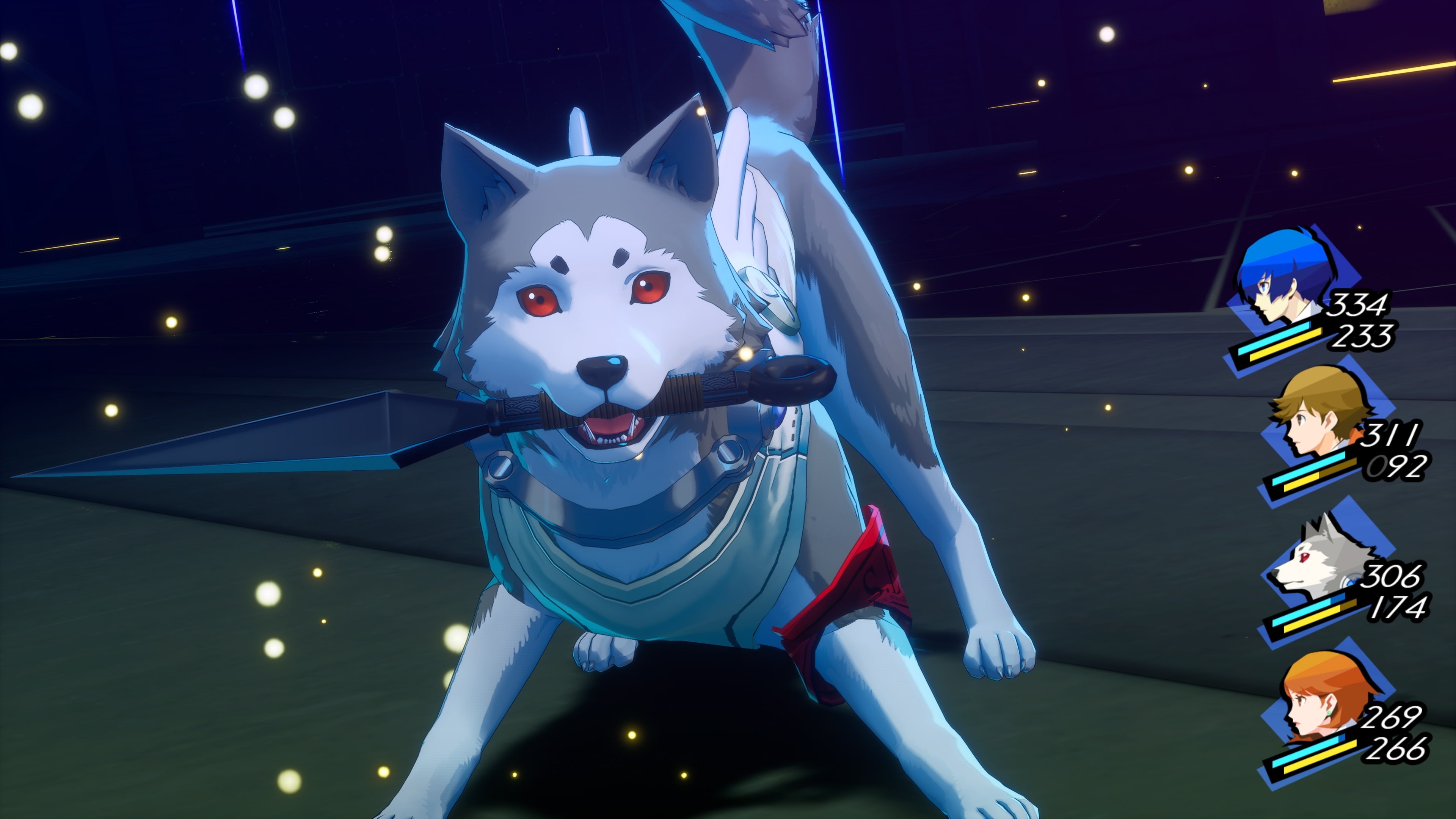
Fans of Persona characters are abuzz following a recent dispute over Yosuke Hanamura’s Japanese voice actor, Showtaro Morikubo. The situation escalated when Morikubo took part in a play about Uyghur detention camps in China, which angered many Chinese fans. This led to a public outcry, with calls for his removal from upcoming games such as Persona 4 Remake and Persona 5: The Phantom X. This drama underscores the intricacies of art, voice acting, and personal convictions, demonstrating how personal and political conflicts can entangle in the gaming industry. This incident sheds light not only on Morikubo but also on how companies like Atlus will manage the complicated waters of international relations and fan preferences.
Summary
- Yosuke’s Japanese VA faces backlash after becoming involved in a politically sensitive play about the Uyghurs in China.
- Chinese fan groups are demanding his replacement in Persona 4 Remake and Persona 5: The Phantom X.
- The controversy illustrates the intersection of art, personal beliefs, and the implications of voice acting in international markets.
- Fans are divided, with some supporting Morikubo’s stance while others express concerns over potential retribution for perceived political insensitivity.
The Origins of the Controversy
At the heart of the recent commotion is Morikubo’s choice to join a play discussing the highly divisive topic of China’s Uyghur detention camps. The play, called “命がけの証言,” has sparked significant controversy, particularly among Chinese fans. Interestingly, because Morikubo is linked to this politically sensitive subject, many Chinese fans view his actions as an insult, urging companies associated with him, such as Atlus, to respond. The intensity of the situation has led directly to calls for Morikubo’s replacement, even as companies like Genshin Impact have already taken similar measures due to criticism against their voice actors.
Fans’ Reactions: Divided Opinions
The gaming community’s response has been evenly divided. Some enthusiasts have stood behind Morikubo, believing that artists should be allowed to share their opinions and bring attention to global problems. A user named CringeExperienceReq pointed out the irony by saying, “Persona 4 is about revealing truths while China hides the truth about Uyghur Turks.” This observation underscores a significant conflict, as many people see Persona’s fundamental philosophy as clashing with the actions of Chinese authorities. Other supporters, like theangryepicbanana, have also expressed their backing for Morikubo, describing his actions as “well-founded”.
Business vs. Ethics: What Will Atlus Decide?
For Atlus, the situation is delicate as they balance their loyalty towards Morikubo with their need to sustain their strong presence in the profitable Chinese gaming market. Some supporters, such as SomnicGrave, appreciate Morikubo’s compassion but acknowledge that Atlus might prioritize business interests over personal preferences. In other words, they recognize that profits are crucial for the company. This perspective underscores the practicality of corporate decisions amid public controversies.
Discussions revolve around potential outcomes, with speculation that Morikubo may continue to voice Japanese game releases, while a redub could be considered for Chinese versions of their games. This possibility is already hinted at by ulape00: “I expect him to be replaced on P5X,” they suggest, implying a possible change in localization strategies due to external pressures.
The Broader Implications of The Backlash
This dispute isn’t confined to Morikubo alone; it underscores the delicate nature of the relationship between art and business within the gaming world, especially amid escalating global issues. While the criticism towards Morikubo highlights a troubling pattern of artistic censorship, it also points to a growing trend among gamers who are not only politically informed but also vocal about their views. Users like RadiantAd768 have voiced this duality, urging Atlus to stand firm on their principles instead of giving in to pressure. Such statements encapsulate the shifting discourse concerning the roles and responsibilities of voice actors, developers, and companies within a globally interconnected market. Moreover, there’s widespread interest in how consumers will respond if companies decide to implement such substantial changes amid controversy.
The current predicament with Yosuke’s voice actor serves as a striking example of how art, personal values, and market forces intertwine. Fans are grappling with this intricate storyline, balancing their affection for the characters against their opinions on the repercussions of political stances. Meanwhile, Atlus is treading carefully amidst this cultural debate, as the gaming community closely observes their reaction to these significant societal discussions. In an environment where public opinion can swiftly influence a company’s course, Morikubo’s actions could have consequences equal to or even surpassing the most shocking plot twists in a Persona game.
Read More
- How to use a Modifier in Wuthering Waves
- Mistfall Hunter Class Tier List
- 50 Goal Sound ID Codes for Blue Lock Rivals
- 50 Ankle Break & Score Sound ID Codes for Basketball Zero
- Lucky Offense Tier List & Reroll Guide
- Ultimate Myth Idle RPG Tier List & Reroll Guide
- WIF PREDICTION. WIF cryptocurrency
- How To Get Modifiers In WuWa
- Basketball Zero Boombox & Music ID Codes – Roblox
- Unlock All Avinoleum Treasure Spots in Wuthering Waves!
2025-03-19 03:30